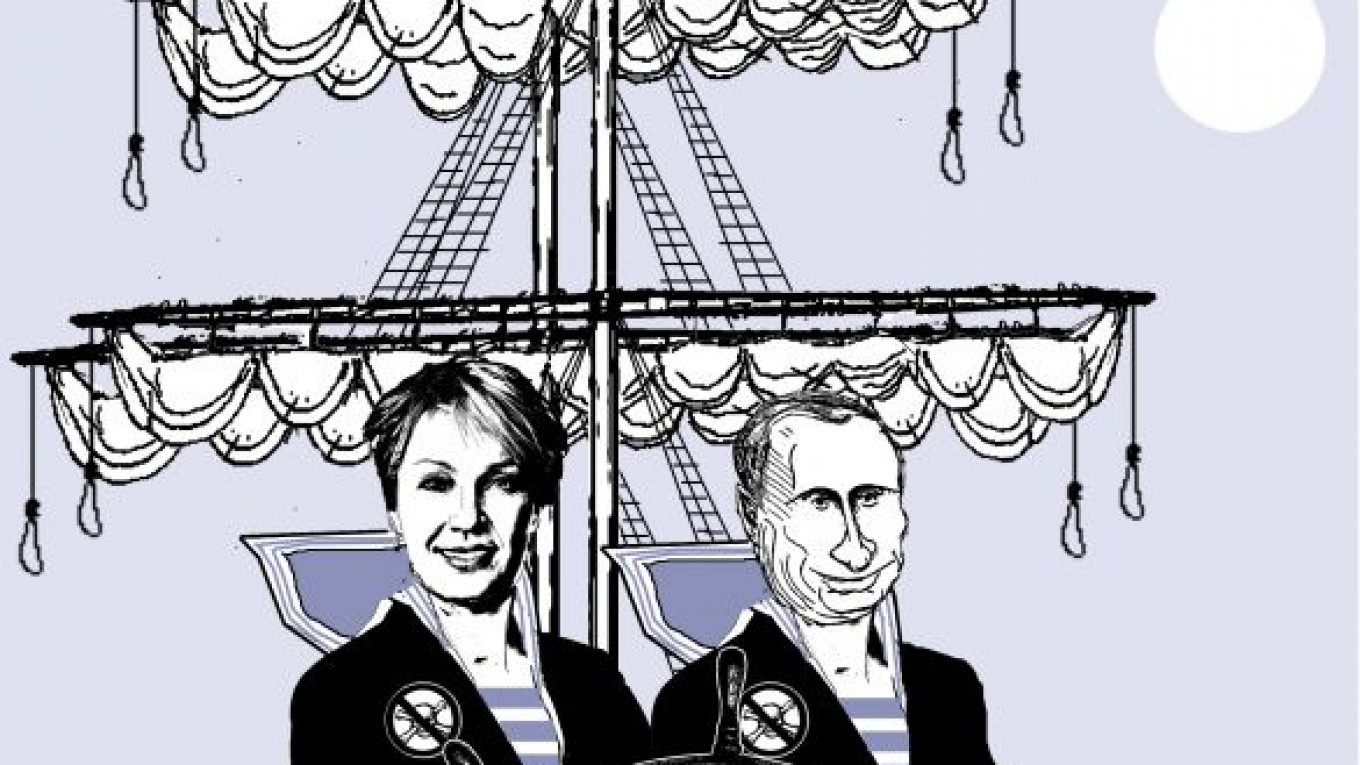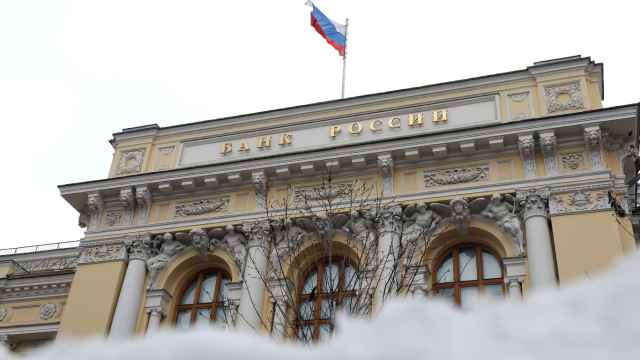Maritime piracy can’t be condemned too strongly. It is a breach to the most fundamental principles of modern civilization. In the worst-hit areas off the Horn of Africa, no seafarers — whether on merchant ships or even yachts — can be safe at sea.
Today more than 600 seafarers are being kept hostage by Somali pirates. They are all innocent victims of the unscrupulous hijackers operating at sea off the Horn of Africa and in the Indian Ocean. Their families are afraid that they will never see their beloved ones again.
Piracy is unacceptable by all humanitarian, security and legal standards. Besides this, it has an impact on global trade. Though it is difficult to calculate, experts estimate the total cost of piracy to be about $16 billion in 2010 alone.
From 2007 to 2010 the number of attacks and hijackings by pirates at sea has more than quadrupled. Russia recognizes that piracy is also a growing and a serious challenge to the security and business of its commercial fleet. In this context, Russia’s contribution of naval forces to the international anti-piracy efforts in the Gulf of Aden and off the Horn of Africa is very welcome. The deployment of a new Russian naval task force earlier this month is a testimony to the strong and ongoing commitment of the Russian government to ensure the safety of commercial shipping in the region.
Even though the growing number of pirate attacks is centered in the area off the Horn of Africa and in the Indian Ocean, it takes a global concerted effort to fight it. No single country could or should carry the burden alone. We all have a responsibility. As Denmark’s minister for foreign affairs, I encourage all governments and parties to take part in the global fight against piracy.
Today, a broad range of countries around the world as well as multilateral and regional organizations are engaged in handling the challenges. This includes the United Nations, NATO, the European Union and the International Maritime Organization. But there is still room for improvement in our joint efforts. More needs to be done, and it needs to be done with comprehensive, concerted and international action.
UN Secretary-General Ban Ki-moon has eloquently said: “Piracy is not a waterborne disease. It is a symptom of conditions on the ground.” I agree that long-term solutions have to be found in Somalia itself to reverse two decades of conflict. Denmark is a strong supporter of long-term, land-based solutions to the situation in Somalia. Earlier this year, Denmark prepared an ambitious and broad support package to Somalia that included diplomatic initiatives and was aimed at improving security, governance, economic growth and employment.
Together with Russia and other partners, Denmark is playing a leading role in the international work to fight piracy. Recently the Danish government presented a comprehensive national piracy strategy, encompassing political, military and legal measures.
In the short as well as the longer term, a viable solution requires stronger national mechanisms for prosecution and incarceration of apprehended pirates. Denmark is chairing the international Contact Group on Piracy Off the Coast of Somalia that addresses these crucial legal issues. The group, which consists of representatives from more than 55 countries and organizations, met for the eighth time in Copenhagen earlier this week.
Positive results have been reached so far in the legal area. The working group has contributed significantly to facilitating cooperation between states on the legal aspects of piracy. This cooperation includes, among other things, common legal standards in several areas linked to the military efforts and the prosecution of suspected pirates. The eighth meeting will, among other things, focus on the legal framework on post-trial transfer agreements and legal aspects of the use of private armed guards.
In the context of the legal working group, Denmark and Russia have had a very fruitful cooperation. I look forward to continue this dialogue.
To complement the legal efforts, Denmark has committed itself to continue its contribution to NATO’s naval operations at sea off the Horn of Africa and in the Indian Ocean. Our contribution includes a support ship, including crew and helicopter. In addition, Denmark will deploy a maritime patrol aircraft to support the naval operation periodically. Denmark also supports efforts to enhance cooperation between NATO and Russia in fighting piracy, an area that has been identified as a priority by the NATO-Russia Council.
In the longer term, a viable solution requires the establishment of stronger capacities locally. We need to build up the coast guard in the region, as well as police and prison capacities — not least in Somalia so that Somali pirates can serve their sentences in Somali prisons. These programs will be financed by a Danish stabilization fund.
Combating piracy is a complex task. We need to use all the tools in the toolbox. We need participation from many countries and parties around the world. I look forward to continuing the cooperation between Russia and my country, Denmark.
Lene Espersen is Danish minister for foreign affairs.
A Message from The Moscow Times:
Dear readers,
We are facing unprecedented challenges. Russia's Prosecutor General's Office has designated The Moscow Times as an "undesirable" organization, criminalizing our work and putting our staff at risk of prosecution. This follows our earlier unjust labeling as a "foreign agent."
These actions are direct attempts to silence independent journalism in Russia. The authorities claim our work "discredits the decisions of the Russian leadership." We see things differently: we strive to provide accurate, unbiased reporting on Russia.
We, the journalists of The Moscow Times, refuse to be silenced. But to continue our work, we need your help.
Your support, no matter how small, makes a world of difference. If you can, please support us monthly starting from just $2. It's quick to set up, and every contribution makes a significant impact.
By supporting The Moscow Times, you're defending open, independent journalism in the face of repression. Thank you for standing with us.
Remind me later.






